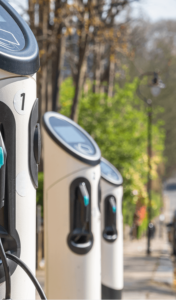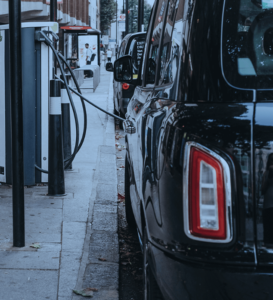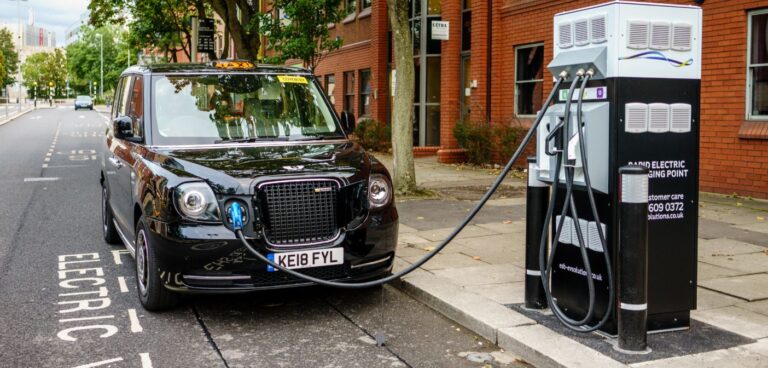Commercial fleets including taxis, logistic vehicles and company cars are key in ensuring the uptake of EVs, according to a new report by AppyWay.
The kerbside management and smart parking technology firm said cities needed to focus more on commercial vehicle fleets and invest in better on-street charging points, rather than on private EVs and home charging.
According to the report, commercial fleets accounted for almost 60% of new vehicle registrations in the UK, with 88% looking to switch to EVs.

The report, titled Leading the Charge – Are cities ready for a fleet led EV revolution?, highlighted concerns over the availability of charging points deterring large-scale adoption of EVs.
Dan Hubert, CEO of AppyWay, said: “The report reinforces just how close we are towards securing the huge societal and economic benefits widespread electric vehicle uptake would bring.
“Yet a failure to act to provide the extensive charging infrastructure, which is the key to unlocking an EV future, puts at risk a once-in-a-generation opportunity to improve air quality significantly in our cities and substantially reduce overall carbon emissions.”
The report recommended a so-called ‘ABCD’ approach involving appropriate infrastructure, better incentives, concerted collaboration and deeper data sharing.
When looking at appropriate infrastructure the report included research by the Energy Saving Trust that found 60% of Uber drivers did not have access to off-street parking. Furthermore, it found 44% of black cab drivers in London were unable to install a charger at home. The report therefore called on more public on-street charging points, including both rapid and ultra-fast charge points.

Appyway also recommended better incentives for drivers. It said encouraging fleets to go electric would have a trickle-down effect and provide more affordable access to second-hand cars for individuals. The report called for national and local tax incentives as well as congestion policies.
Collaboration will also be needed between cities, solution integrators and consultants, the study found, and argued that sharing knowledge is the only way to ensure the path of electrification is sustainable.
Additionally, the report recommended that data generated by telematics and GPS, and other job fulfilment information, is shared with local authorities. It said this would be immensely useful in understating where to locate charging points.
Hubert concluded: “Our approach, put forward in the report, would help ensure that EVs play the transformative role of which they are capable and help to nurture a greener and more efficient economy at a time when it is urgently needed.”





